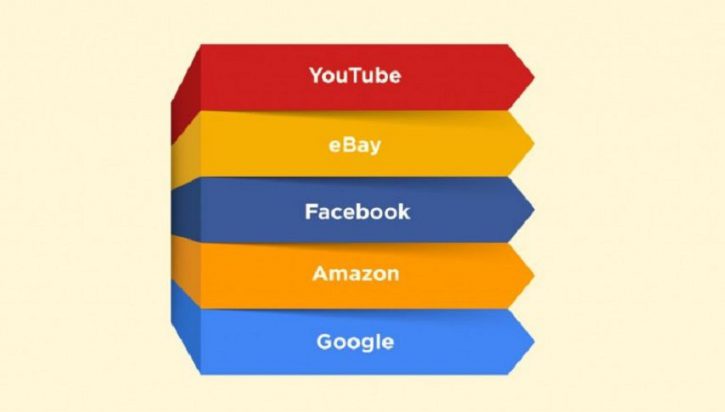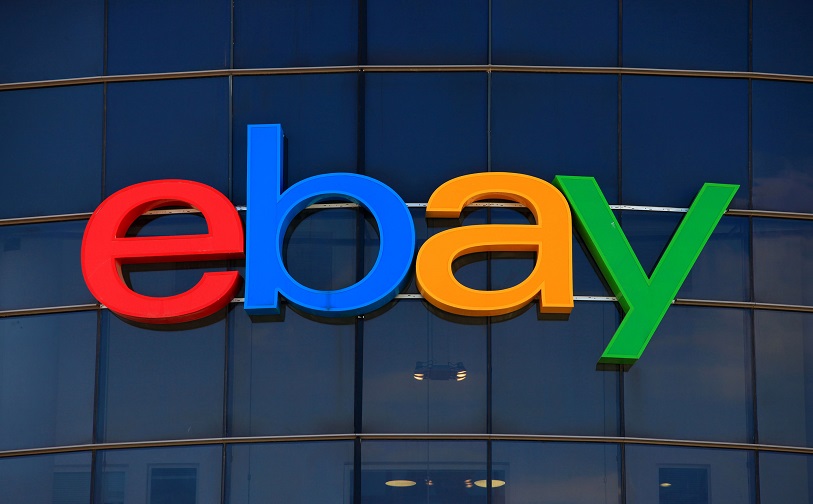
5 Global Websites That Have Humble Beginnings
Living in the modern age of communication and interconnectivity, most of us have the opportunity-if we want it to develop our ideas and deliver them to the public online.
Many online ventures have started under these circumstances; an average Joe has noticed a need for something, come up with a way to do it and developed it, in many cases from their dorm room or parent’s basement.
Of course, there are various hurdles along the way to global success, including funding for one. The irony of all this is that, in much the same way, people have developed online crowdsourcing platforms designed to connect aspiring entrepreneurs and investors.
It is arguably easier than ever before to develop and test ideas, and while only some 30% of internet startups are able to secure additional funding once the idea is out there, there are those that have become wildly successful very quickly.
Let’s take a look at a few of the biggest online ventures that started as something quite simple and evolved into something.
1. YouTube
Before YouTube, finding a video online was a real hassle. In fact, streaming, in general, was only scarcely utilised and given that social media was still in its developing years, the sharing of videos was not something regular people did all that often.
Enter a group of friends by the names of Chad Hurley, Steve Chen and Jawed Karim, each of whom had worked for PayPal. While it wasn’t a crew of nobodies that developed the idea (each of them was tertiary educated and tech-savvy), YouTube essentially started after a dinner party, where the friends realised they had no reliable way to share videos.
The early base for YouTube was a simple office above a pizzeria and eventually a garage before a large investment company got involved. The website took off mere months after the domain name was registered in February 2005.
2. eBay
Certainly one of the most important websites of the past 20 years, eBay was founded and the website coded in Pierre Omidyar’s living room back in 1995. It was actually put together over a long weekend and initially had the name AuctionWeb.
An expression of just how small things started is the fact that the first sale on the website was for a broken laser pointer, a transaction of just a few dollars.
But things progressed fairly quickly from there. Within just a few months, Omidyar had to hire another staff member and quit his day job. In July of 1996, AuctionWeb had been used to sell more than $7 million worth of goods!
It wasn’t until late 1997 that the company was rebranded as eBay and months later Meg Whitman, an experienced businesswoman and executive, joined as CEO and help grow the company further.
3. Facebook
If you’ve seen The Social Network, you’ll know that the Facebook story is the classic dorm-room startup example of the modern era. Unfortunately, if most accounts are to be believed, it’s also a story laden with controversy, tension and ultimately legal drama.
The exact facts about how Facebook came to be aren’t exactly clear, with Mark Zuckerberg´s account often at odds with the claims of his Harvard buddies with whom he was working with before the social media website was launched in 2004.
What we do know is that an early social media-like platform called Facemash was created by Zuckerberg in his sophomore year in college. It featured various students’ images and asked users to vote on who was deemed attractive and who was not.
This was extremely popular and while it was soon shut down by Harvard themselves, Zuckerberg had found his formula for success.
He set out to code and eventually launched what would be known as Facebook the following semester, all from his dorm room between classes.
Some of his classmates later claimed that he had copied an idea they had hired him to help them create and develop, taking the main concept and using it in his own venture.
4. Amazon
Amazon, one of the world’s biggest online retailers, certainly started from humble beginnings but there’s no doubt that founder Jeff Bezos certainly had a vision and ambition.
He has since described his decision to quit his job, change cities and start an online bookshop out of his garage as a move to appease his regret for not taking advantage of the internet boom soon.
However, the catalyst that made his decision much easier was the passing of a law in 1994 that stated that online retailers would not need to charge sales tax in states where they didn’t have the office.
Bezos’ idea was simple but brilliant and executed at the right time in the internet timeline.
Amazon now sells all manner of products and earned more than $100 billion in revenue in 2015.
5. Google
Arguably the biggest company in the world, Google started out as the research project of two bright young students at Stanford University. The idea for Google – which was known as BackRub in the early days – was simple yet brilliant; develop a search engine that doesn’t rank pages according to the number of times the keyword shows up, but by a formula that looks at the relationship between the website itself and others around the net.
As we all know, this algorithm and the reasoning behind it has radically changed – and continues changing – since the conception of this search engine back in 1997.
After the research project was over, students Larry Page and Sergey Brin continued working on the search engine, registering the domain name google.com.au in 1997 and formally setting up the company out of a friend’s garage in 1998.
The story goes that the founders were not at all experienced with HTML – the standard design language used on web pages. So the original homepage was clunky and quite unprofessional.
Looking at some of the brand names in this article and how big these companies have become, it’s clear that any idea can develop into something special if you have the ambition and vision.
If you have an idea for a startup or online business, it’s always worthwhile doing your research first or speaking to a professional in the industry to get their thoughts.
For more information, feel free to contact WebAlive to discuss your needs.
You read a lot. We like that
Want to take your online business to the next level? Get the tips and insights that matter.




